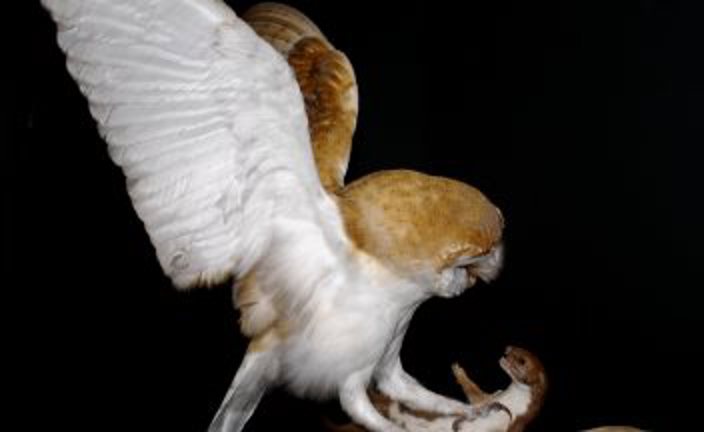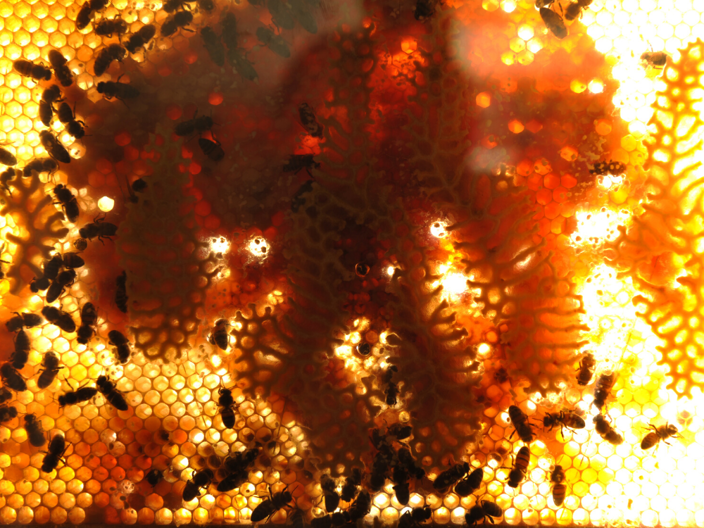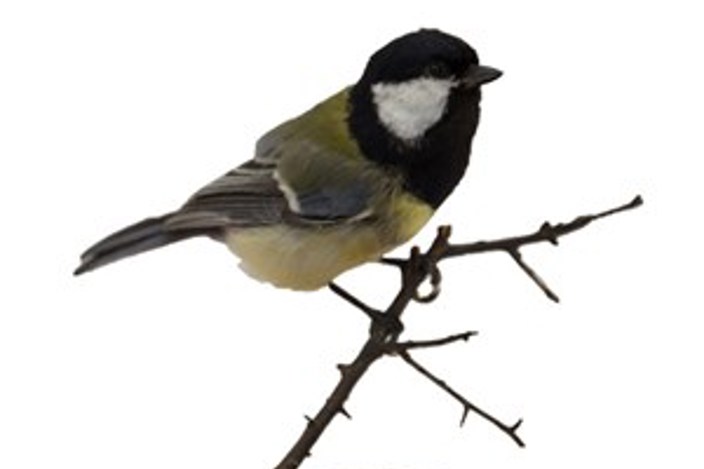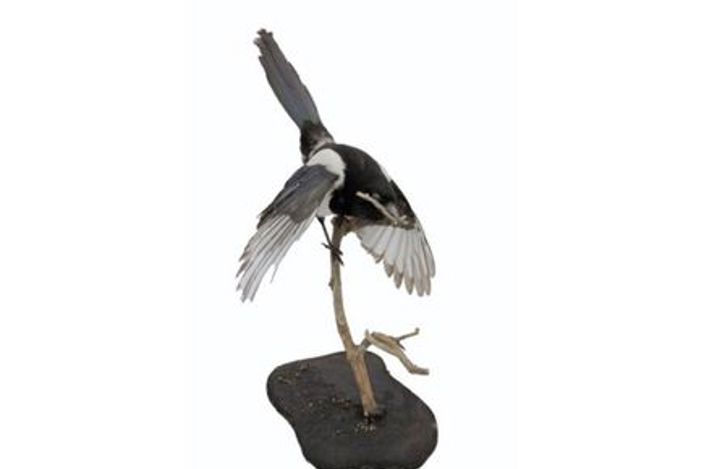Biology
The Museum has a good collection of taxidermy (stuffed animals and birds) dating back many decades. There is also a reserve collection of other items, such as tropical sea shells, a narwhal’s tusk, a sea turtle shell, and eggs, insects, beetles and butterflies.
Barn owl (Tyto alba) and weasel (mustela nivalis)
Barn owls are found in Chelmsford and the surrounding area. They are nocturnal birds with highly sensitive hearing which helps them hunt. They mostly feed on small mammals such as mice, voles and shrews.
The weasel is Britain's smallest carnivore and east rats, mice and voles. They hunt both day and night, and can travel over a mile to find food. They need to eat a third of their body weight per day to survive.

Otter (Lutra lutra)
Otters are semi aquatic mammals from the same family as the weasel.
They can grow up to 80cm and are specially adapted for swimming. They are able to close their ears and nose underwater, have webbed feet and thick fur to keep them warm.
Otters are a protected species and have recently re-established themselves along many Essex rivers, including the River Colne in north Essex.

The Museum's observation beehive
The beehive is one of the museum's most popular exhibits. The bees are able to fly to and from the flowers of Oaklands Park, collecting pollen to bring back to the hive and produce honey.
The bees also help to pollinated the plants in Oaklands and the surrounding area.
Look out for the Queen bee, who can frequently be seen in the hive.

Great Tit (Parus Major)
These are the largest of the Paridae (tit) family. With their green and yellow body and black heads they are highly recognisable.
It is a woodland bird, and has adapted to be found in many gardens too.
Listen to a great tit.

Magpie (Pica Pica)
Magpies are common birds across the UK. They are known as scavengers and frequently collect brightly coloured and shiny objects.
Fun fact - the collective noun for a group of magpies is a parliament!

